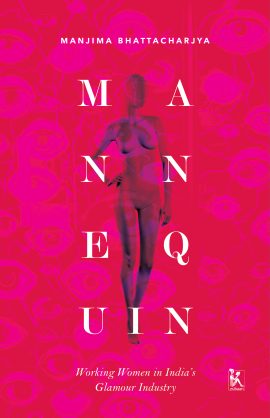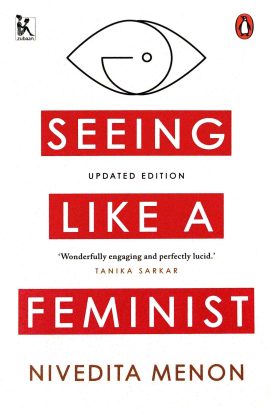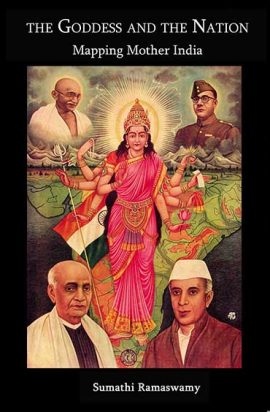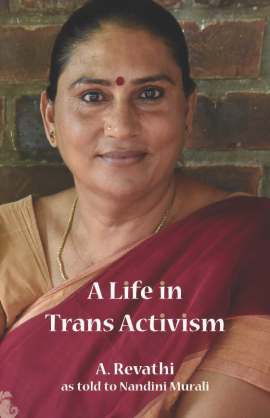No products in the cart.
Return To Shop
Log in / Sign in
Login
Register
Consent: Fearful Asymmetry
Especially after the #MeToo storm, ‘consent’ has been the rallying point of our debates. Nilofer Kaul looks at the idea of consent with all its assumptions of equality, rationality and language, and argues that this papers over the inherent asymmetry in gender relations. Harping on the centrality of consent, she argues, invisibilizes the violence of this asymmetric arrangement. The problem, as most women know, is not just that they are oppressed but that they apparently acquiesce to their indignities. It is in this heart of darkness that psychoanalysis is summoned to look at the inequitable distribution of power. Masculinity inherited power and this must be constantly proved and asserted, and constant violence is displayed to prove a delusional sense of power. This fictive potency demands the expunging of all traces of vulnerability, of the entire apparatus of thinking and feeling, and these unwanted attributes are then placed in femininity. However, Kaul argues, not all asymmetry is violent. BDSM partners ‘consent’ to violence, even seek it. How do we then think about consent in a world that is insistently and fearfully asymmetric?
NILOFER KAUL, PhD, is a Delhi-based training and supervising analyst. She has won the Frances Tustin Prize (2018), the Roszika Parker Prize (2021), as well as the IPA’s Elisabeth Young-Bruehl Prejudice Award and the Overall Psychoanalytic Research Exceptional Award (2025). She has published Plato’s Ghost: Minus Links and Liminality in Psychoanalytic Practice (2021). She is on the editorial board of journals such as the British Journal of Psychotherapy and the American Journal of Psychoanalysis. She edited a special issue of the International Journal of Applied Psychoanalytic Studies in 2024 on ‘Anti-Mind’. She has contributed articles to several edited volumes by Salman Akhtar, such as Regret, Arrogance, Unlit Corners, Joy of Torment, et al. She teaches and supervises in India and Iran, and is a member of the Frances Tustin Memorial Trust.
ISBN: 9789390514328
Category:New Releases
| Binding | |
|---|---|
| Author | |
| Page Count | |
| Year of Publication | |
| Rights |
Be the first to review “Consent: Fearful Asymmetry” Cancel reply
You must be logged in to post a review.
Related products
Mannequin: Working Women in India’s Glamour Industry
Select format This product has multiple variants. The options may be chosen on the product pageSeeing like a Feminist
Select format This product has multiple variants. The options may be chosen on the product pageWords to Win: The Making of a Modern Autobiography (Zubaan Classics)
Select format This product has multiple variants. The options may be chosen on the product pageIn the Shadow of Freedom: Three Lives in Hitler’s Berlin and Gandhi’s India
Select format This product has multiple variants. The options may be chosen on the product pageThe Goddess and the Nation: Mapping Mother India
Select format This product has multiple variants. The options may be chosen on the product pageA Life Less Ordinary
Select format This product has multiple variants. The options may be chosen on the product pageA Life Apart: An Autobiography
Select format This product has multiple variants. The options may be chosen on the product pageKaifi and I: A Memoir
Select format This product has multiple variants. The options may be chosen on the product pageBooks, e-Books, Feminism In India Recommends, Feminism In India Recommends, Non-Fiction, Non-Fiction
A Life in Trans Activism
Select format This product has multiple variants. The options may be chosen on the product pageFreedom Fables: Satires and Political Writings
Select format This product has multiple variants. The options may be chosen on the product pageContact Us
© Zubaan 2019. Site Design by Avinash Kuduvalli.
Payments on this site are handled by CCAvenue.












Reviews
There are no reviews yet.